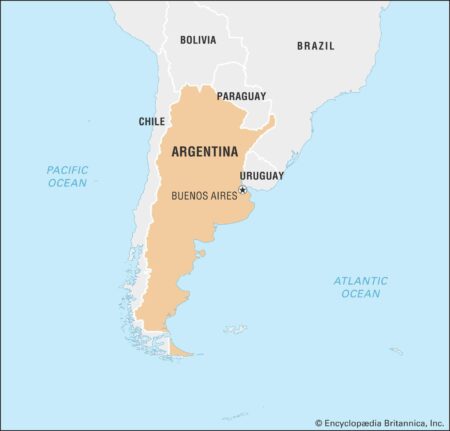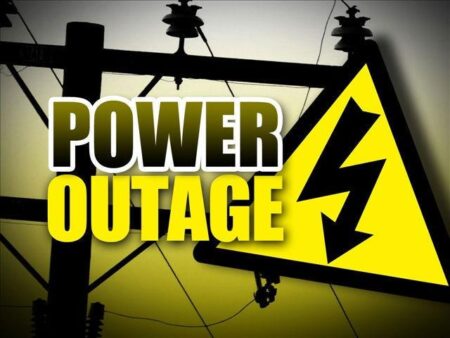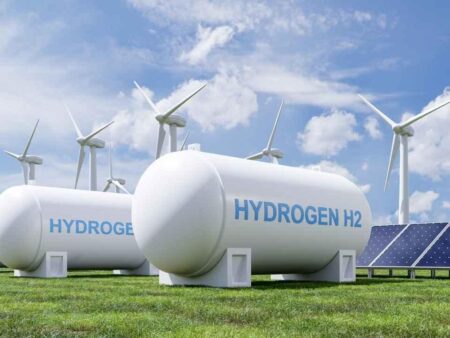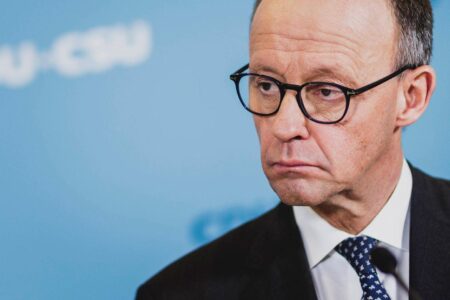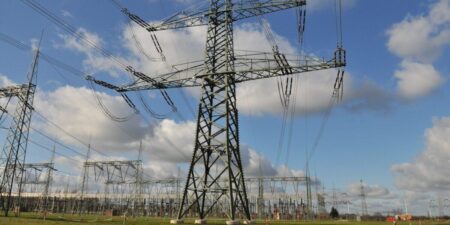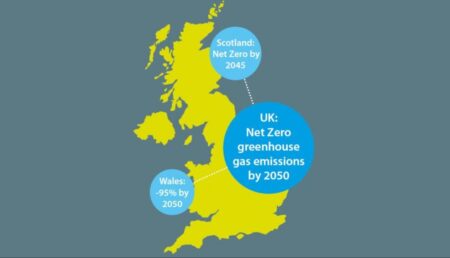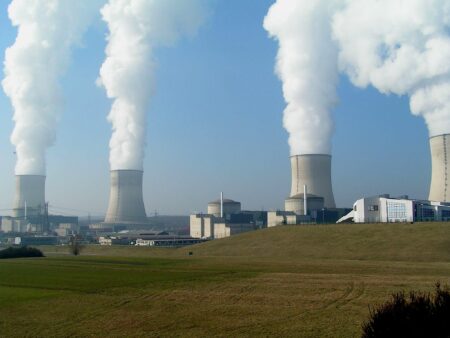Argentina has just rolled out an exciting model contract for its highly anticipated 500MW energy storage tender! This initiative is set to supercharge renewable integration and bolster grid stability, marking a pivotal moment in the nation’s journey towards a sustainable energy future.
Browsing: energy policy
Japan’s booming resale of Australian LNG is sparking worries among local gas consumers. The Institute for Energy Economics and Financial Analysis has pointed out a troubling trend: the widening gap between soaring export profits and the rising costs of energy at home.
Spain is currently facing the repercussions of a widespread power outage that has sparked an intense discussion about the future of green energy. Detractors are quick to blame renewable sources, while supporters passionately champion their essential role in paving the way for a sustainable energy landscape.
Japan’s energy landscape is experiencing a remarkable transformation as the government re-evaluates its dependence on fossil fuels and actively pursues greater investments in renewable energy sources. This bold shift not only aims to enhance energy security but also tackles the pressing challenges of climate change head-on.
The head of Brazil’s state-controlled oil company, Petrobras, is stirring up controversy with a bold declaration: “drill, baby, drill!” This provocative statement regarding oil exploration in the Amazon has ignited fierce backlash from environmentalists and lawmakers alike. Critics are voicing their concerns that such rhetoric could jeopardize vital conservation efforts in one of the world’s most precious ecosystems.
A recent power outage has plunged thousands of homes and businesses in Spain and Portugal into darkness, creating a wave of disruption across the region. As authorities delve into the cause of this unexpected blackout, emergency services are tirelessly working to restore electricity. Stay tuned for updates as this situation unfolds.
Australia is on the brink of a renewable energy revolution, thanks to Labor’s recent election triumph. With bold policies designed to slash emissions and promote sustainable development, the country is confidently stepping into a vibrant, eco-friendly future
The European Union is gearing up to unveil a bold initiative: a sweeping ban on Russian gas. This decisive action aims to tighten the noose around Moscow as geopolitical tensions continue to escalate. With this measure, the EU reaffirms its dedication to cutting energy ties and standing firmly with Ukraine in these challenging times.
Japan is making a bold move by placing its bets on hydrogen as a key pillar of its energy future, pouring significant resources into both production and infrastructure. This ambitious endeavor could provide invaluable insights into sustainable energy transitions for countries around the globe, showcasing the power of innovation and collaboration.
As worries about energy stability mount, France is taking a closer look at its ability to withstand potential major power outages. With an aging infrastructure and increasing demand, experts are sounding the alarm that systemic vulnerabilities could jeopardize the nation’s energy security.
Germany’s grid regulator has confidently stated that a power outage similar to those experienced in Iberia is unlikely to occur in the country. As investigations unfold across Europe into the recent blackouts, authorities are diligently working on strengthening grid resilience to ensure that such disruptions remain a thing of the past.
The battle over oil production in Alberta has reached a boiling point in the wake of the recent Canadian elections, igniting fierce regional tensions between passionate environmental advocates and the powerful fossil fuel industry. This escalating conflict underscores the profound divisions in policy and economic priorities that are shaping the future of the province.
In a surprising twist, France’s energy policies have unwittingly paved the way for Spain’s recent blackout. As power grids struggle and concerns over energy security escalate, the fallout highlights the intricate web of challenges facing Europe’s energy landscape.
Vitol is ramping up its oil purchases from Venezuela as the clock ticks down on a crucial U.S. license that allows these transactions. This bold move highlights the trading giant’s strategic maneuvering to lock in supplies while navigating the increasingly stringent sanctions on Venezuelan crude.
Mendoza province in Argentina is ramping up its oil and gas exploration initiatives, striving to invigorate local economies while navigating environmental challenges. With its abundant resources, this region has the potential to draw substantial investment, paving the way for a transformative era in Argentina’s energy sector.
Friedrich Merz has tapped an Eon energy executive to take the helm as Germany’s new economy minister, marking a bold step towards prioritizing energy transition in the nation’s economic strategy. This strategic appointment is set to enhance Germany’s resilience in the ever-evolving energy landscape
Germany has decisively turned down the idea of splitting Europe’s power market into zones, asserting that this approach would jeopardize both market efficiency and stability. This bold stance emerges during a critical period of discussions surrounding energy security and pricing, especially in light of the ever-changing crude oil prices
Japan’s top gas importer is setting its sights on a promising opportunity: acquiring liquefied natural gas from Alaska’s LNG project. This bold strategy is designed to broaden their energy portfolio in response to increasing demand and the unpredictable nature of global gas prices.
The UK government is ramping up its dedication to achieving Net Zero, inviting critics to join in a constructive conversation about climate policies. This daring approach not only strengthens its sustainability ambitions but also tackles pressing issues related to energy security and economic implications.
Spain has expressed a strong commitment to prolonging the operation of its nuclear power plants, emphasizing the importance of energy security and ambitious climate objectives. This decision is in harmony with Europe’s overarching strategy to diminish dependence on fossil fuels as energy demands continue to surge.

